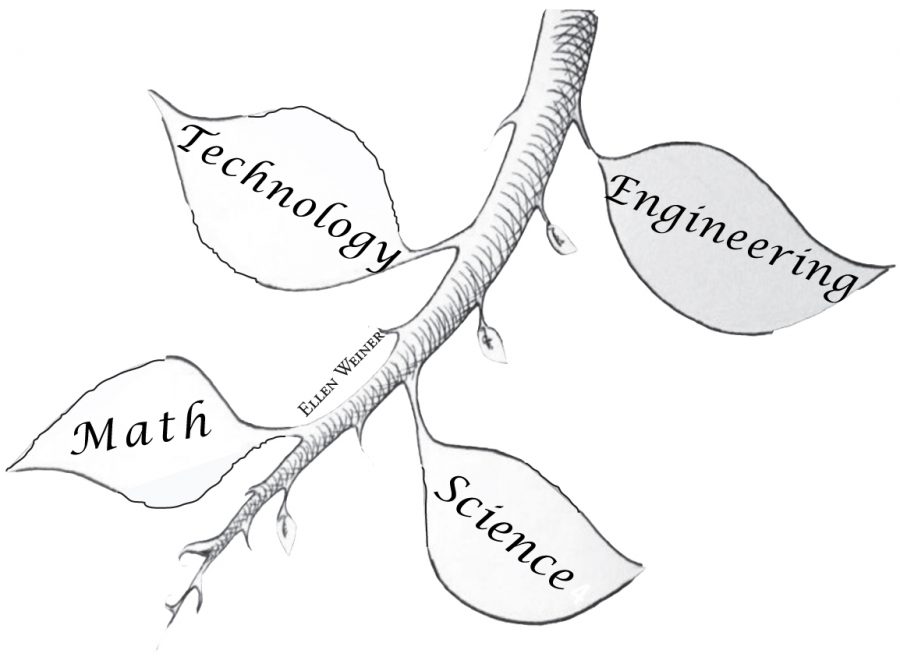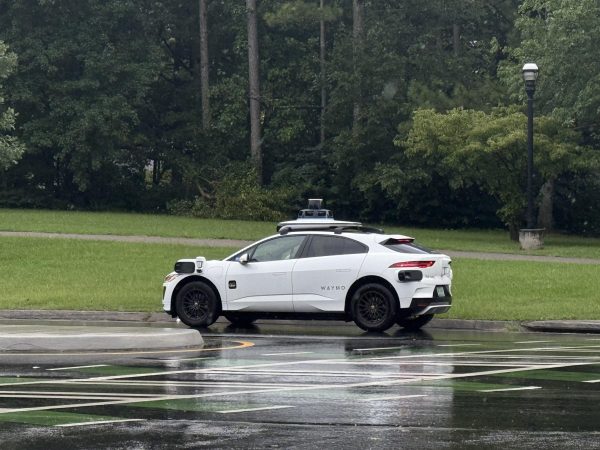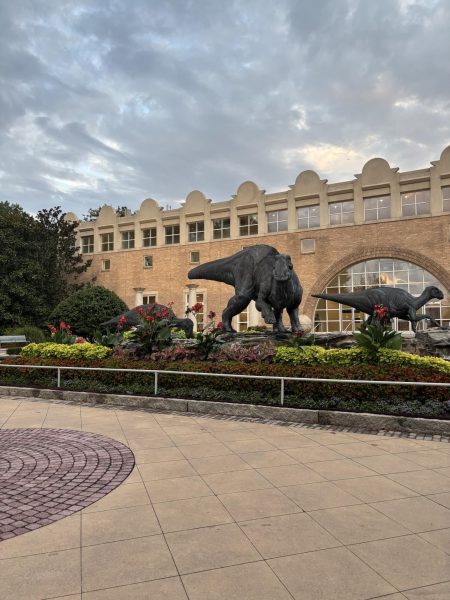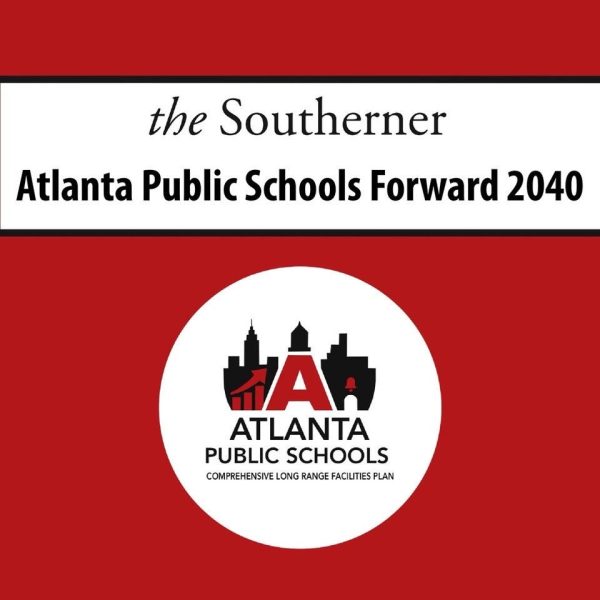New testing policy covers STEM AP tests
Every year, students take different combinations of Advanced Placement exams, and every year, Grady changes policies regarding the payment for those exams.
In the past, Atlanta Public Schools has provided money to pay for AP tests, but the new policy has paved the way for a new approach. APS has decided to make payment available to all students, regardless of household income, but only if the test is in a science, technology, engineering or mathematical (STEM) subject.
Georgia has encouraged students to pursue careers in science, technology, engineering and mathematics because those fields are expanding and creating well-paid jobs.
“If the money is being used to provide for materials for AP courses, that could also create increased interest for students who want to have hands-on experience” biology and oceanography teacher Nikolai Curtis said.
A problem is that many Georgia students take liberal arts courses which could cause a shift from the focus of students taking the STEM exams to more students taking liberal arts exams.
Governor Nathan Deal has said in the past that the continued high scores of all Georgia students on AP exams are certainly cause for celebration. He wants more students to study the subjects tested in STEM exams and is therefore providing money to spend on these exams. However, Some teachers wish that APS would encourage students to take non-STEM courses as well.
“I wish that APS would also incentivize non-STEM classes in the same manner as those disciplines are equally important, and can have equally large educational impact in terms of outcomes,” Nalin Needham, AP English Literature teacher, said.
The money to pay for the STEM exams will be funded by the STEM Pipeline Fund, which is an account in the state Executive Office of Education that has been funded $1.5 million for spending the past year. The purpose of increasing funding for the STEM program is to provide job opportunities in the rapidly-expanding engineering field.
The state has seen a rise in price for AP exams that aren’t in the STEM program due to all the money being shifted to those exams. Also, the cost to the state will rise for students who are not low income because they are able to afford the exams. About 35,000 Georgia public school students took STEM program AP exams in 2017, and about one in five of those students who took these exams came from a low-income household.
Having STEM exams paid for will incentivize students to focus more on the STEM subjects when studying them in class and for their subsequent AP exams. Some believe it won’t make much of a difference in class selection.
“I don’t think [paying for STEM AP exams only] will discourage [my peers] from taking non-STEM courses, but only the people who are dedicated will take the actual exam,” junior Esme Rice said.
According to the Georgia Department of Education, the 10 most popular exams taken by Georgia public school students were U.S. History, English Language and Composition, World History, English Literature and Composition, U.S. Government and Politics, Calculus AB, Psychology, Statistics, Biology and Macroeconomics.
Four out of the 10 of the most popular exams are in the STEM program. Funding exams in math and science may encourage students to take more STEM AP classes and change which exams are most popular for Georgia students.
The decrease in the cost of taking the AP exams had a major effect on the popularity of taking the tests, so the Department of Education are hoping for a similar impact when providing money for the STEM exams.
“Using money to pay for the exams is always a good thing since the cost of the exams are usually a deterrent for students to take a class,” Curtis said. “Most AP teachers, including myself, want the students to take the exam for benefit of potentially receiving college credit and to let us know if we are teaching the students the curriculum in a manner that is of benefit.”
Related coverage:
Cory is the section editor of the Arts and Entertainment section, and he specializes in covering events or festivals. He plays soccer for Grady when he...









